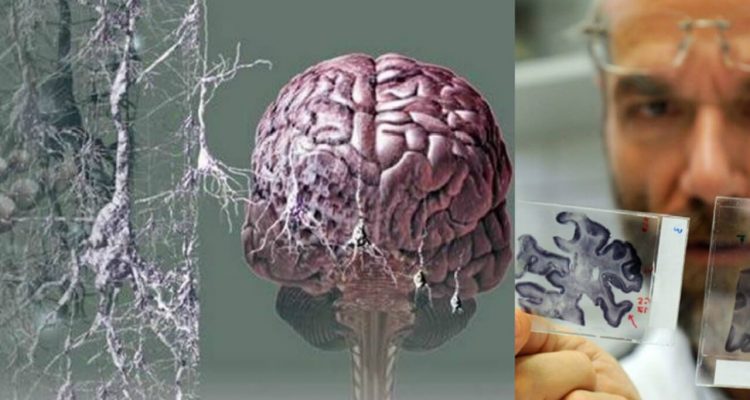
A new cause of senile dementia has shocked scientists
0
Research has shown that the cause of Alzheimer's disease is not an increase in beta -amyloid proteins, which reduction. This is the conclusion reached by researchers from the University of Cincinnati.
American scientists questioned the prevailing theory about the origin of Alzheimer's disease. This incurable ailment is believed to be caused by the accumulation of beta-amyloid proteins in the brain, which form plaques and prevent neurons from communicating with each other. And now researchers from Cincinnati have come to the very opposite conclusion, which may overturn the accepted concept of senile dementia that has been considered for the past 100 years.
Researchers have suggested that the plaques in the brain, called amyloid, are actually the result of a drop in beta-amyloids in the brain, not growth. And this fall occurs due to the fact that normal protein under conditions of biological, metabolic or infectious stress is transformed into the same abnormal plaques.
The paradox is that many people accumulate plaques in the brain over the years, but not all of them cause senile dementia. However, these plaques remain the focus of research, as most experimental drugs are focused on them. But we should fight not with the reduction of amyloid plaques in the brain, but with the fact that the amount of beta-amyloid proteins does not fall. It is the reduction in the level of the soluble form of the protein that can be toxic, as the study showed.









Leave a Reply